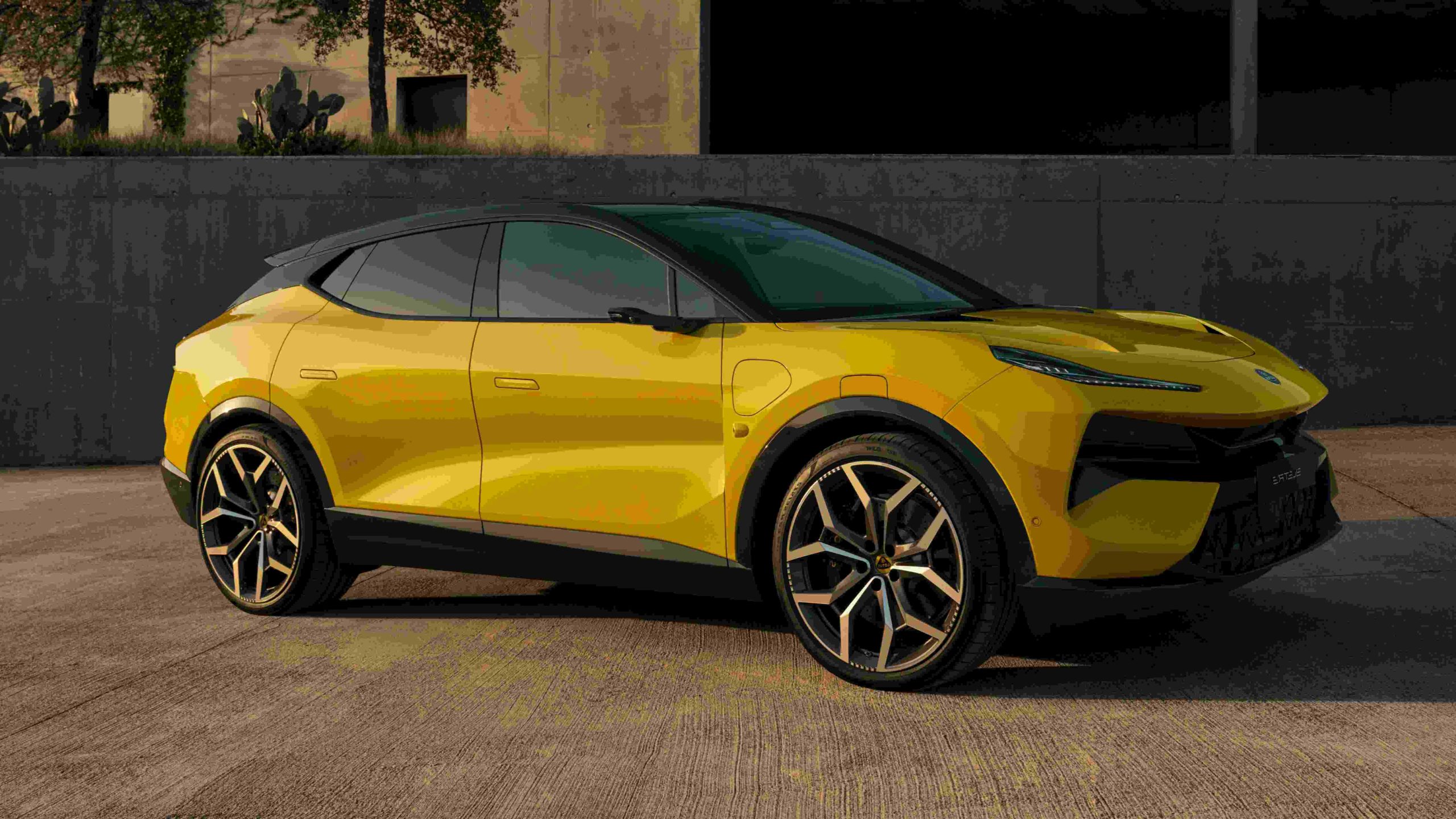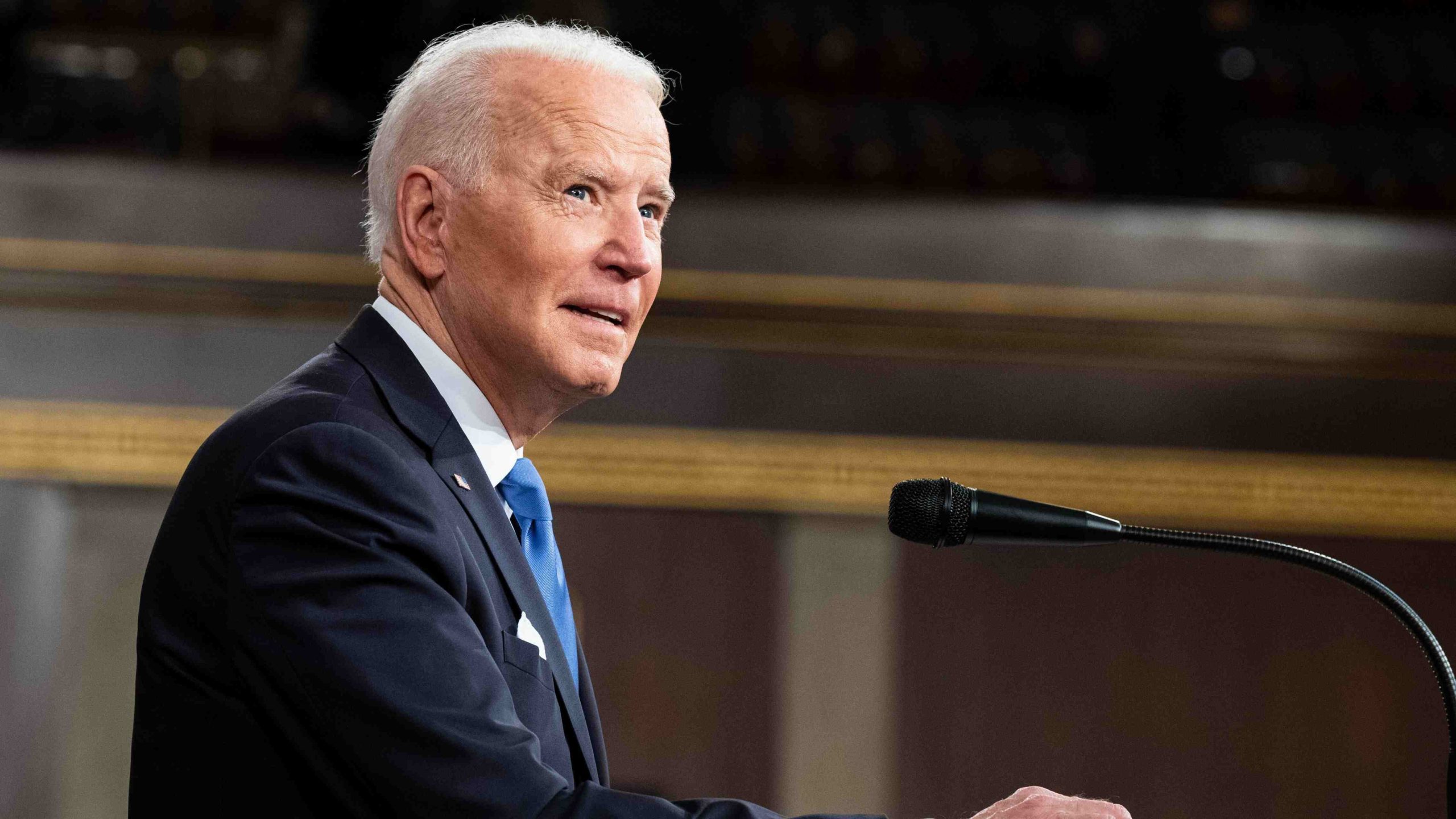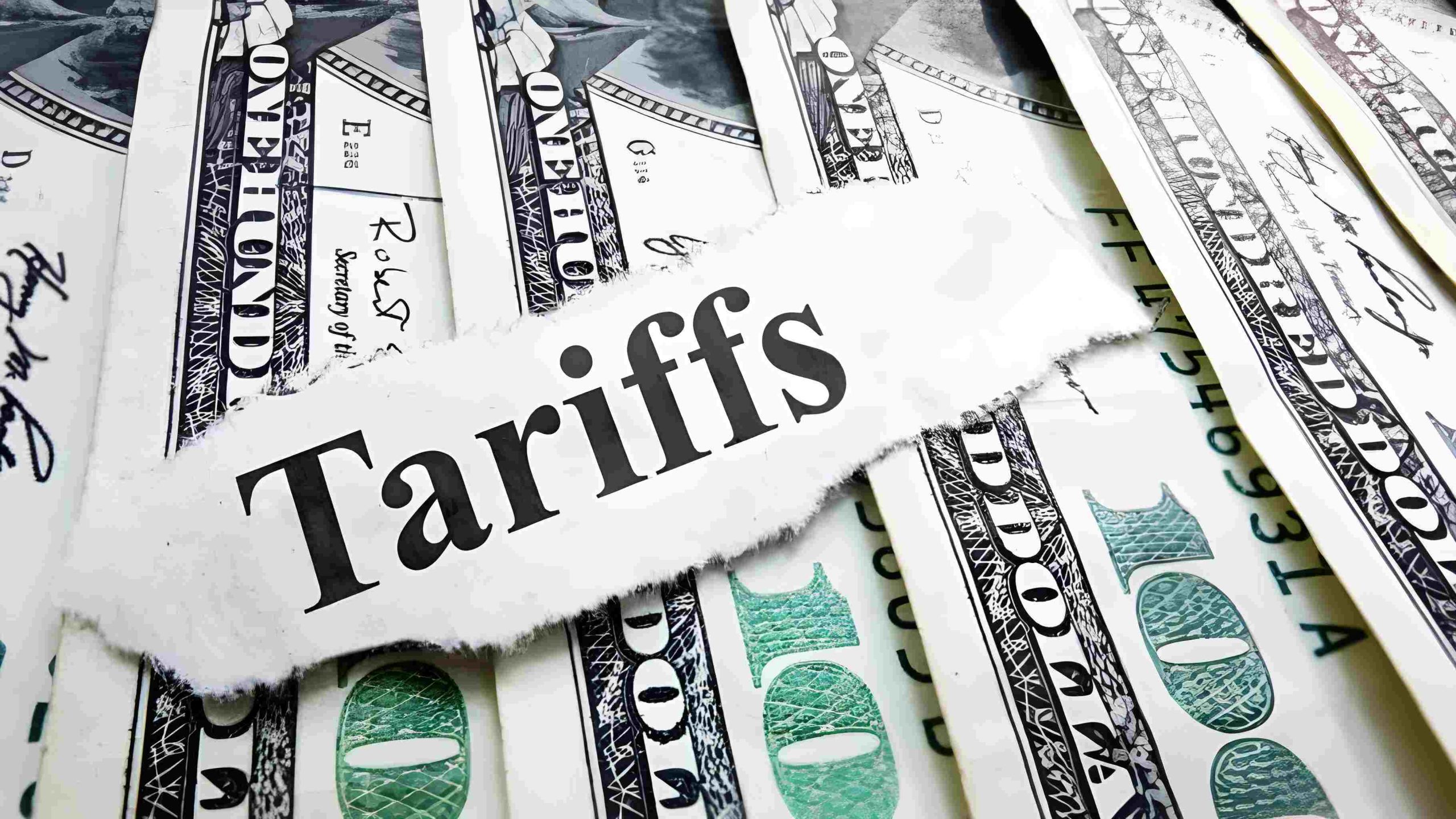Amidst ongoing trade tensions, reports suggest that the US Government is contemplating a substantial increase in tariffs on Chinese-made electric vehicles (EVs). The Wall Street Journal indicates that this week, the Biden administration may announce a significant tariff hike, with Chinese EVs facing the brunt of the impact.
Currently, these vehicles are subject to a 25 percent tariff, but the proposed increase could increase it to a staggering 100 percent, excluding the existing 2.5 percent duty tax on all imported vehicles.
This potential escalation surpasses the tariff measures advocated by former President Trump, who proposed a 60 percent tariff on all Chinese vehicles during his tenure.
Furthermore, Trump pledged to impose a 100 percent tariff on vehicles produced in Mexico for Chinese firms if reelected, potentially affecting companies like BYD, which are planning to establish manufacturing facilities in Mexico. While no Chinese brands currently retail vehicles in the US, models like the Polestar 2 and Buick Envision, manufactured in China, are available stateside.

Lotus, a subsidiary of the Chinese conglomerate Geely, is also gearing up to introduce its Eletre electric SUV in the US later this year, followed by the Emeya sedan next year. Responding to the tariff escalation, a Chinese Foreign Ministry spokesperson cautioned against exacerbating trade tensions, vowing that China would take necessary measures to safeguard its interests.
This move is perceived as an attempt by President Biden to regain support from the US automotive sector, particularly amidst the surge of Chinese brands in global markets. Last year, Biden supported the United Auto Workers (UAW) union during its standoff with major automakers, expressing criticism towards the ‘Big Three’.

Additionally, concerns over data security have prompted a probe by the US Commerce Department into Chinese vehicles, citing the potential risks posed by data collection. President Biden views this action as essential to prevent foreign vehicles from compromising national security.
Despite their limited presence in the US market, China emerged as the world’s largest vehicle exporter in 2023, surpassing Japan. This development underscores the significance of trade policies in shaping global automotive dynamics.

